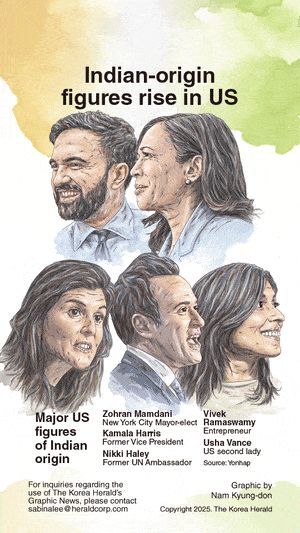Korean Industry Minister Nominee Wants Bold Tax Credits to Boost Semiconductors and Batteries
koreaherald Views
![Industry Minister nominee Kim Jung-kwan (Yonhap)]](https://contents-cdn.viewus.co.kr/image/2025/07/CP-2023-0309/30648622.jpg) Kim Jung-kwan, the first nominee for industry minister under the Lee Jae-myung administration, has pledged to introduce a production-linked tax incentive system for key industries such as semiconductors and batteries, modeled after the U.S. Inflation Reduction Act.
Kim Jung-kwan, the first nominee for industry minister under the Lee Jae-myung administration, has pledged to introduce a production-linked tax incentive system for key industries such as semiconductors and batteries, modeled after the U.S. Inflation Reduction Act.
\”The time has come for strategic and proactive government-led industrial policies, including incentives that match those of our competitors, to minimize trade risks,\” Kim asserted.
He noted that while semiconductors remain crucial to Korea’s industrial and economic security, the nation’s dominance in memory chips is under threat from Chinese and U.S. firms, and its capabilities in logic chips are still relatively underdeveloped.
\”We need bold semiconductor policies to reinforce our global leadership and stabilize our domestic manufacturing base,\” Kim stated, adding that the government plans to expand tax and fiscal support for the sector.
Addressing the battery industry, Kim acknowledged current challenges stemming from a temporary slowdown in electric vehicle demand and the rapid rise of Chinese competitors. He indicated that the government is considering production tax credits for key minerals and materials to boost incentives for domestic manufacturing and strengthen the battery supply chain.
Kim’s vision for production tax credits involves a system offering tax deductions based on production volume, effectively functioning as output-linked subsidies. The U.S. has implemented similar \”Advanced Manufacturing Production Credits\” under the IRA to support strategic industries such as batteries, solar panels, and clean fuels.
In Korea, companies operating in sectors designated as national strategic technologies, such as semiconductors and batteries, currently qualify for one-time tax credits of up to 25 percent for facility and research and development investments. Unlike these investment-based incentives, Kim’s proposed scheme would provide a more direct benefit by offering tax credits on a portion of production costs.
If implemented, leading chipmakers Samsung Electronics and SK hynix are projected to receive annual tax reductions between 4 trillion and 5 trillion KRW (2.9 billion to 3.6 billion USD).
President Lee had also pledged during his campaign to push for production tax credits of up to 10 percent for semiconductors. After taking office, he reportedly expanded the plan to include the battery sector, initiating internal reviews.
In his statement, Kim also committed to increasing the government budget for renewable energy.
\”Expanding renewable energy is crucial for achieving carbon neutrality, enhancing energy security, and creating new growth drivers,\” he said. Kim pledged to improve the overall environment for renewable energy deployment, including identifying new project sites, securing grid connectivity, and increasing public acceptance.
Simultaneously, Kim expressed support for nuclear energy, emphasizing the importance of a balanced energy mix of carbon-free sources to ensure a stable power supply and meet South Korea’s greenhouse gas reduction targets under the Nationally Determined Contribution framework.
He also promised to boost Korea’s long-term technological competitiveness by developing Korean-style small modular reactors and next-generation nuclear fuels, while expanding exports of nuclear equipment and supporting small and mid-sized exporters in the sector.
Regarding extended tariff negotiations with the U.S., set to conclude by August 1, Kim said he would work toward a mutually beneficial outcome and use the talks as an opportunity to develop a bilateral manufacturing cooperation roadmap.
\”In response to U.S. tariff measures and global supply chain shifts, I will do my utmost as Korea’s ‘export frontrunner’ to strengthen our export competitiveness in key industries and open up new markets,\” he stated.
Kim, a former official at the Ministry of Economy and Finance, most recently served as head of marketing at Doosan Enerbility, a major power equipment manufacturer. Since his nomination, he has divested all holdings in companies that could present potential conflicts of interest, including shares in Doosan.









Most Commented